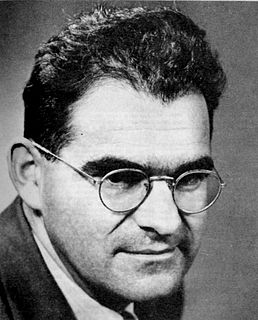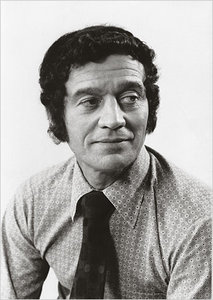A Quote by Paul Haggis
You have to have empathy, knowledge and compassion for your characters if you're a writer.
Quote Topics
Related Quotes
The myth of writer as, like, Asperger-style misanthrope, or, like, the Jack Nicholson, 'As Good As It Gets' - it just doesn't work, because writers, in order to write good characters, need to understand people. You need to understand your audience. You need to have so much empathy you could almost encourage empathy in others.
People keep repeating that the main things are love and compassion. Certainly love and compassion are the main things, but it takes knowledge to make love and compassion fruitful. ... It takes just a second to say 'love'. But to acquire knowledge for the well-being and blessing of humanity requires an eternity.
Only when all your desires disappear does that energy become compassion, KARUNA. You cannot cultivate compassion. When you are desireless, compassion happens; your whole energy moves into compassion. And this movement is very different. Desire has a motivation in it, a goal; compassion is nonmotivated, there is no goal to it, it is simply overflowing energy.
The root of compassion is not empathy; that is kindness. Kindness is great, but it is not the ultimate compassion. Ultimate compassion relieves the suffering that comes from separateness. The suffering that comes from separateness is relieved only when you are fully present with another person, not when you are separately present.
To choose a writer for a friend is like palling around with your cardiologist, who might be musing as you talk to him that you are a sinking man. A writer's love for another writer is never quite free of malice. He may enjoy discussing your failures even more than you do. He probably sees you as tragic, like his characters - or unworthy of tragedy, which is worse.
The act of compassion begins with full attention, just as rapport does. You have to really see the person. If you see the person, then naturally, empathy arises. If you tune into the other person, you feel with them. If empathy arises, and if that person is in dire need, then empathic concern can come. You want to help them, and then that begins a compassionate act. So I'd say that compassion begins with attention.





































